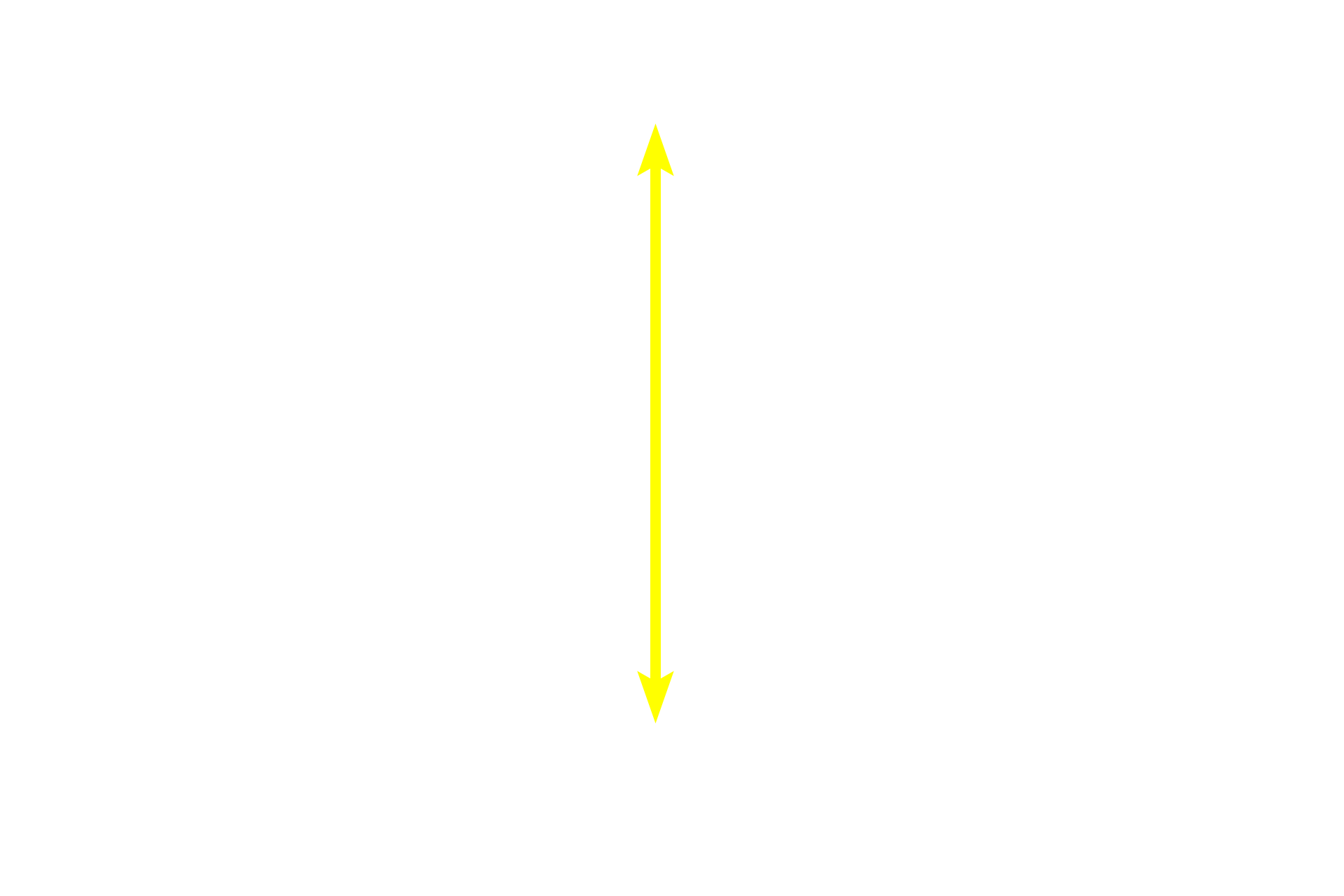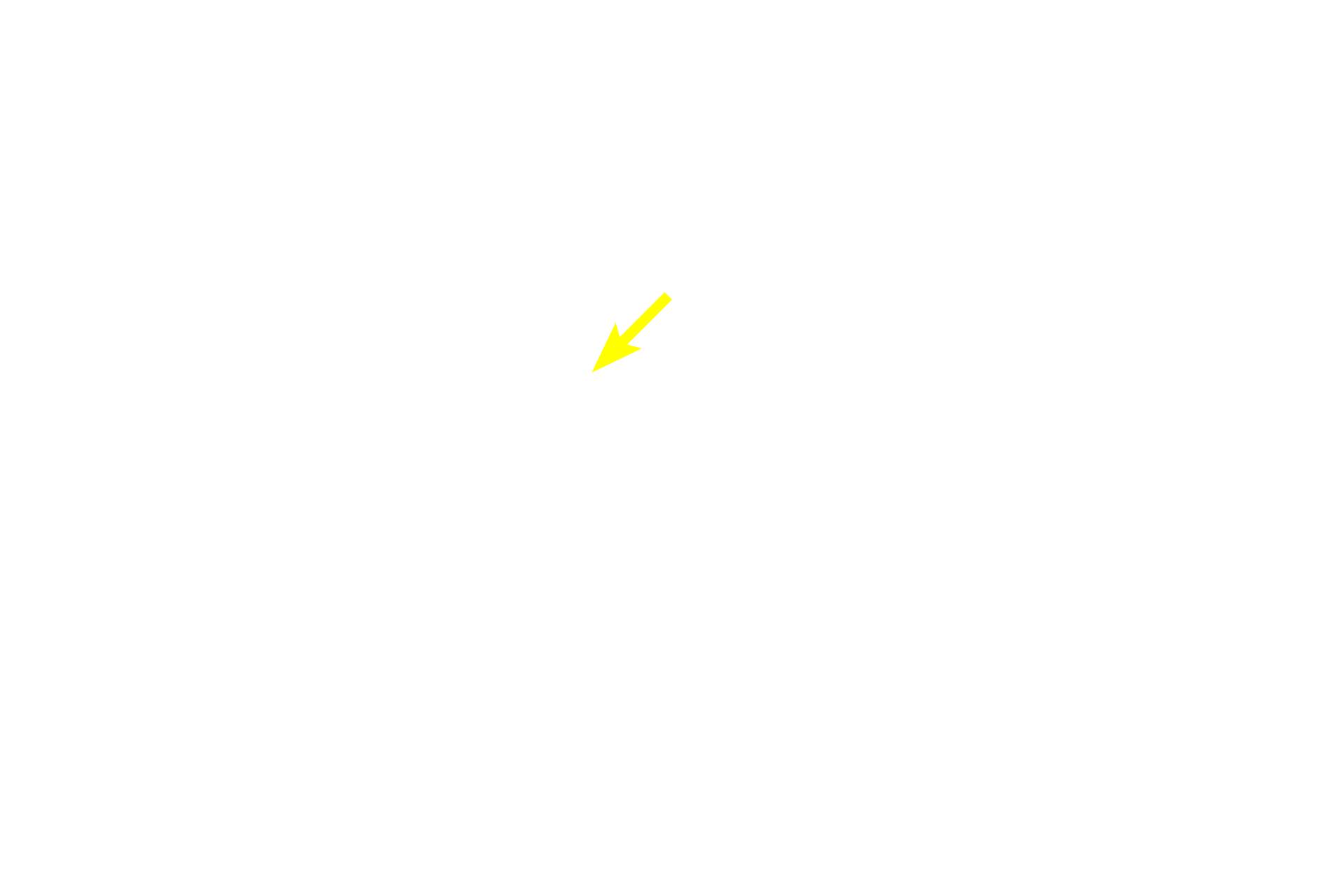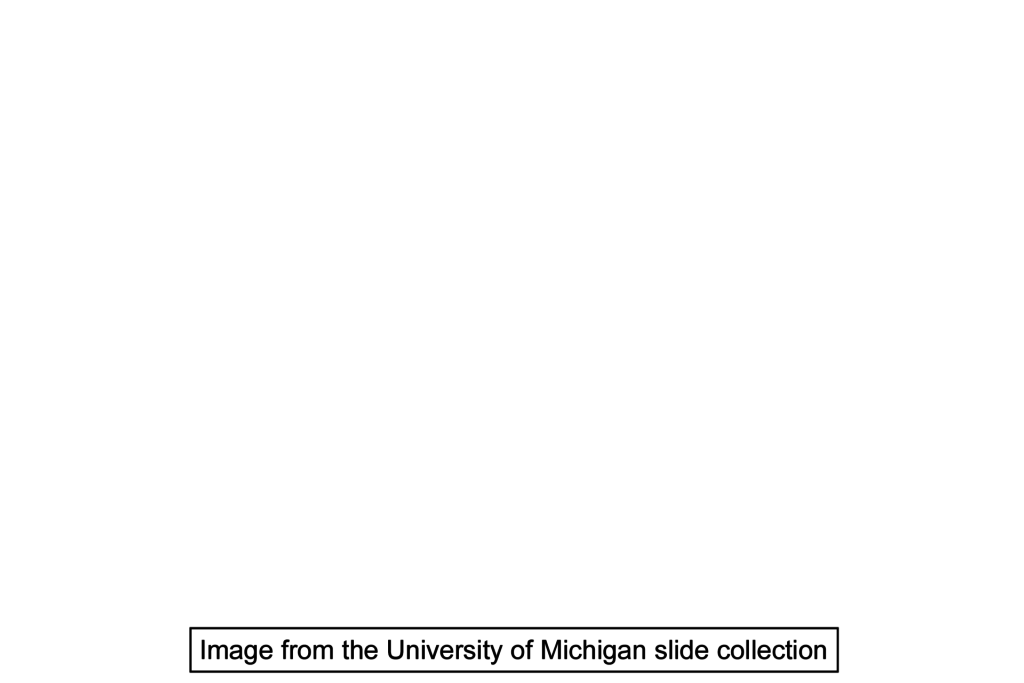
Spleen: white pulp
When an arteriole leaves a trabecula and enters the parenchyma of the spleen, it is immediately surrounded by a sleeve of T-dependent, diffuse lymphatic tissue termed the periarterial lymphoid sheath, PALS. Because the arteriole is located near the center of the PALS, it is called the central arteriole. PALS forms one portion of the white pulp. 400x

Periarterial lymphoid sheath (PALS)
When an arteriole leaves a trabecula and enters the parenchyma of the spleen, it is immediately surrounded by a sleeve of T-dependent, diffuse lymphatic tissue termed the periarterial lymphoid sheath, PALS. Because the arteriole is located near the center of the PALS, it is called the central arteriole. PALS forms one portion of the white pulp. 400x

Central arteriole
When an arteriole leaves a trabecula and enters the parenchyma of the spleen, it is immediately surrounded by a sleeve of T-dependent, diffuse lymphatic tissue termed the periarterial lymphoid sheath, PALS. Because the arteriole is located near the center of the PALS, it is called the central arteriole. PALS forms one portion of the white pulp. 400x

Red pulp >
Red pulp fills all the areas in the image not occupied by the trabecula and white pulp.

Trabeculum
Red pulp fills all the areas in the image not occupied by the trabecula and white pulp.

Image source >
Image taken of a slide from the University of Michigan collection.
 PREVIOUS
PREVIOUS